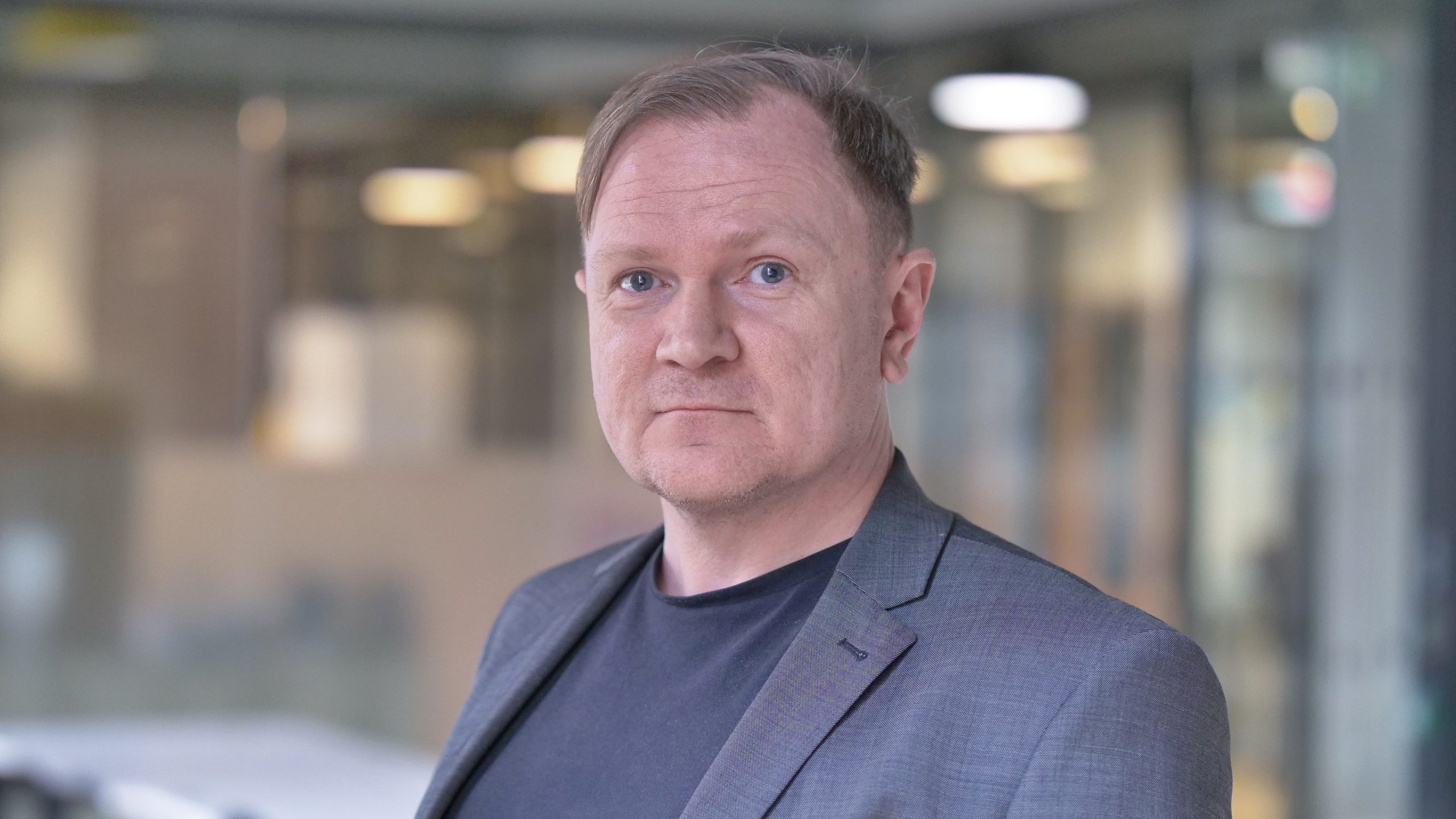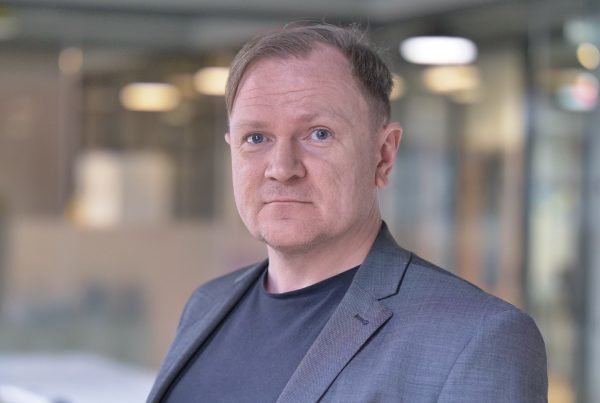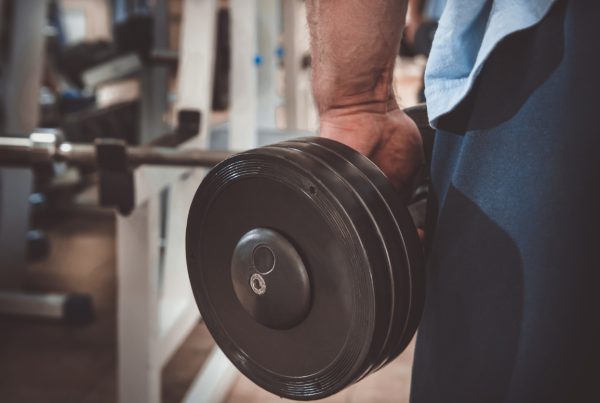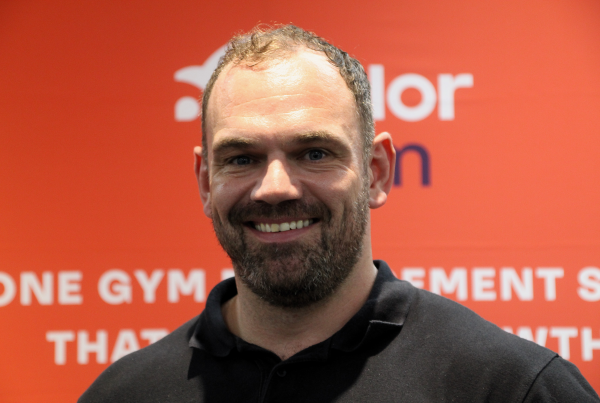By Huw Edwards, CEO of ukactive
Our government is desperate to kickstart economic growth, but it will fail to achieve this without significant improvements in our national health. In turn, these national health improvements do not happen without sport, physical activity, and getting the nation moving.
January has historically been a time when millions of people revisit their health and wellbeing ambitions through joining or rejoining gyms, leisure centres and swimming pools and taking part in more walking, running, and wider recreational and sporting activities. I urge any doubters to look past the New Year cliches and see a solution that really is working. The sport and physical activity sector, from January onwards, brings communities across the whole country together with a shared ambition to improve collective national health, one person at a time.
Every person’s motivation will be unique and personal to them this year, but the outcomes are shared: to live a happy and healthy life among family, friends, and colleagues. We know from our research that this has as much to do with supporting mental wellbeing and social connection as it is improving physical health, and we know the nation is prioritising these services as people kickstart their fitness routines this week.
Our latest research shows that over three-quarters (77%) of gym users with a long-term health condition use gyms to support their mental health, with 80% also doing so to maintain their physical strength and fitness. Equally, more and more people are choosing to spend their disposable income on health and fitness – including gym memberships – over other options such as eating out and drinking socially. Every year, more people are recognising the long-term health improvements these facilities provide.
Our evidence shows that people want to take accountability for their health and wellbeing this January and, are seeking support from these trusted services that sit in their local community, to manage their health proactively, knowing the severe pressure the NHS is already under.
Solutions for addressing our nation’s poor health and supporting those with health conditions already exist in these community facilities and are just waiting to be scaled. These services are already doing great work, and it is now important that the Government catches up and joins them in this quest – no longer being a spectator but an active partner with the public and our sector to increase our national physical activity levels across all ages and backgrounds.
The Government cannot afford to make the mistakes of previous governments by falling into ‘policy by photo opportunity’ and failing to appreciate this sector as an industry in its own right. Every year that previous governments have failed to unlock the potential of physical activity and the services available in communities, the stakes have grown higher. We cannot wait any longer.
Against the background of the annual discussion on health and wellbeing that will influence the opening weeks of 2025, the Government must provide a narrative on how it plans to leverage the sport and physical activity sector as part of its mission-based work. This must include interventions of substance, addressing historic funding commitments such as MSK (musculoskeletal) Hubs that seem stuck in the Whitehall system. Furthermore, they must set out the detail to match the positive rhetoric on how it plans to ensure opportunities for every child and young person to be physically active, as well as integrating our sector to support the NHS and unlocking the potential of our facilities, workforce, and services.
Keir Starmer and his Government need to help get the nation moving. The future of the NHS and our economic growth depend on it. January will witness how more advanced both the public and the sector is on its health and wellbeing journey compared to the Government. It is time for the Government to catch up and join the race to improve our national health.
To find out more about our latest survey findings click here.

More People More Active More Often




